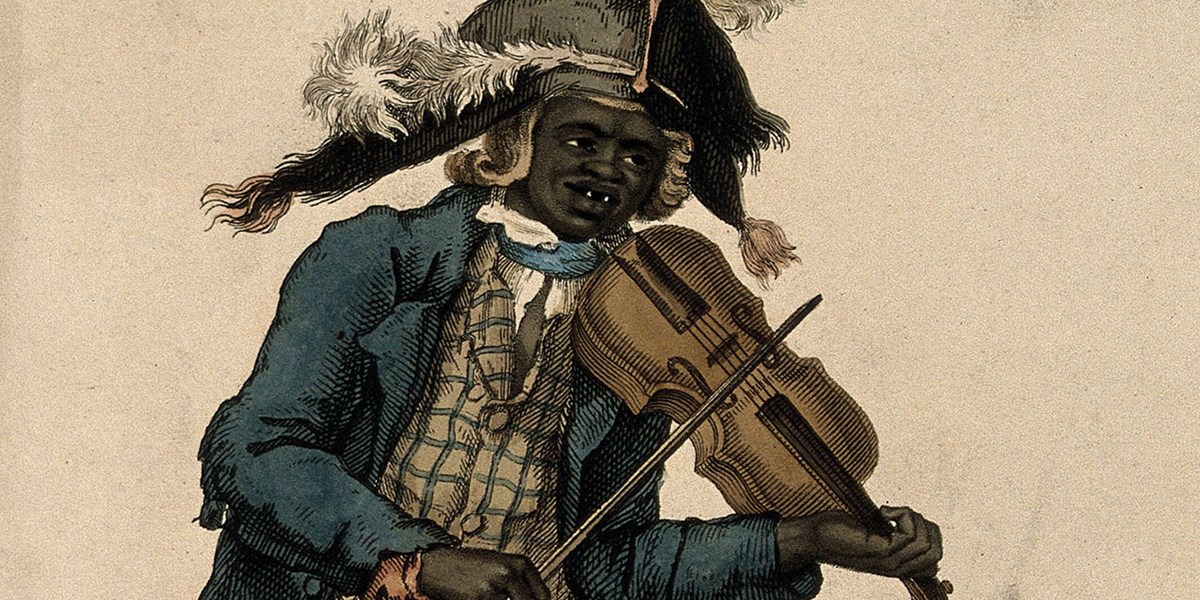Friday, October 4, 2024
Seeking recognition for Billy Waters, a pioneer of African-American music, more than 200 years after his death
When African-American musician Billy Waters died in London in 1823, it was in poverty and with his reputation in tatters. Now, 200 years later, researchers and musicians are finally ensuring he gets the respect he deserves

Engraving of Billy Waters by TL Busby (Source: Wellcome Collection)

Register now to continue reading

Thanks for visiting the Songlines website, your guide to an extraordinary world of music and culture. Sign up for a free account now to enjoy:
- Free access to 2 subscriber-only articles and album reviews every month
- Unlimited access to our news and awards pages
- Our regular email newsletters

